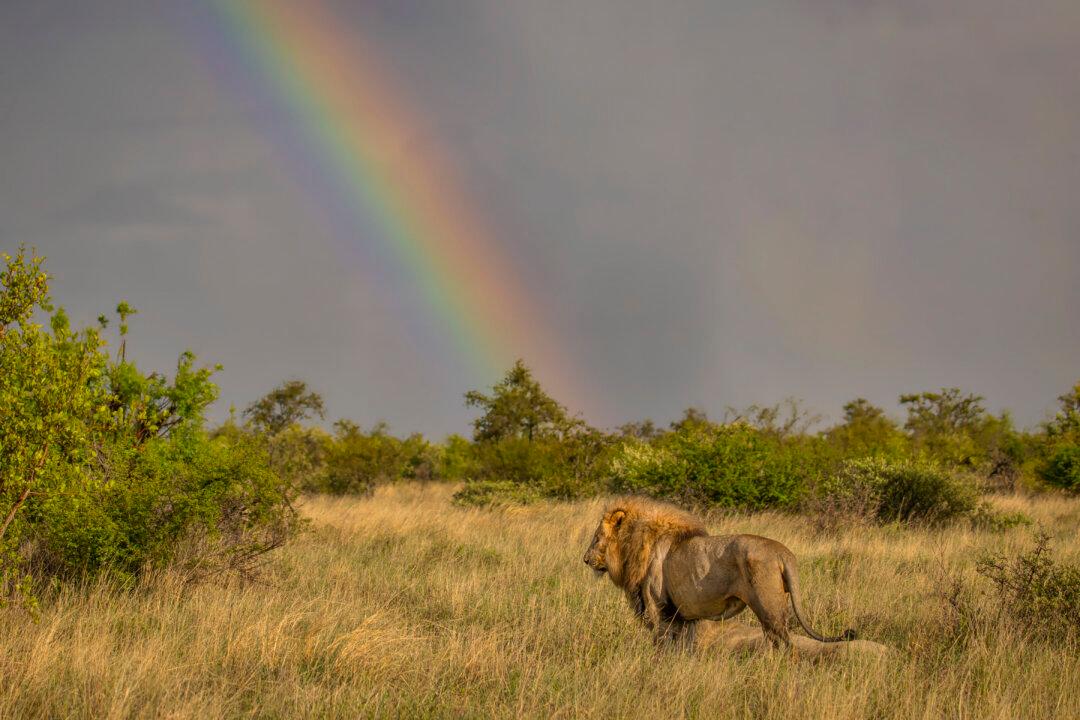JOHANNESBURG—African countries are finding only limited success spending billions of dollars in an attempt to penetrate the world’s biggest outbound tourist market.
While China is the continent’s largest single trade partner, its citizens remain hesitant to explore a continent that’s often in the news for the wrong reasons, such as conflict, extremist attacks, and food shortages.





